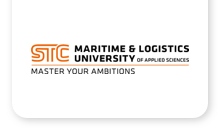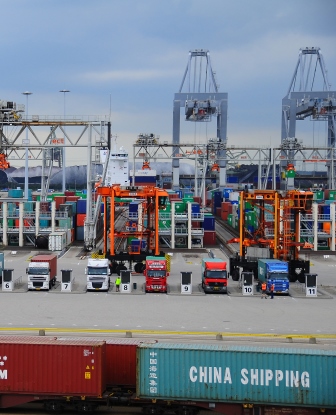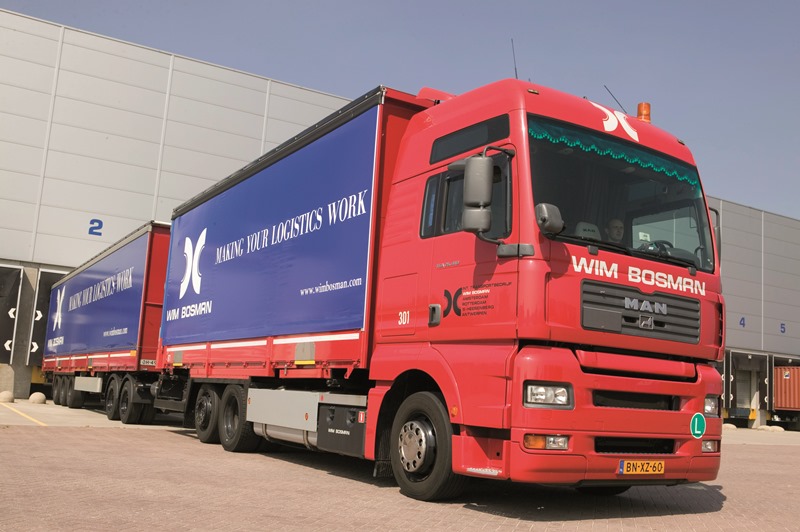Logistics Management
The Master topic Logistics Management consists of the following subjects:
Introduction to Logistics Management
This course is the introduction to the Master Shipping and Transport. Main subjects of the global transportation system are explained, such as transport chain players, multimodal, intermodal and combined transport, anatomy of shipping and ship operations.
Supply Chain Management
This course provides insides to concepts and techniques related to the design, planning, control and improvement of supply chains and supply chain operations. Attention is paid to important logistics functions, such as the management of inventory, information, terminals and warehousing. The dynamics, development and globalisation of supply chains are explained, as well as the application of various supply chain management concepts in practice. At the end of the course students have gained an improved understanding of the main concepts, dynamics, trade-offs and interdependencies of supply chain management.
Applied Management Techniques
This course gives participants the understanding of quantitative methods, as well as skills to apply these methods in the transport sector. In management science an introduction to decision analysis will be given. As such, a background is established to cope with some quantitative aspects in transport and logistics.
Cargo Operations Management introduces students to concepts and techniques related to transport techniques and procedures, control and improvement of (un)loading and carriage of goods by sea going and inland water vessels. Students will acquire knowledge of the philosophy of safe and efficient transport of goods and will gain insights in the role of transport regulations and rules on transport procedures. During the course, different handling procedures per commodity are elaborated on, such as break bulk, dry and liquid bulk and container terminal operations.
Port Design and Management
Ports are important nodes in the worldwide transportation system. The course Port Design and Management aims to explain all elements that are involved in the planning, design, management and optimisation of ports, terminals and navigation fairways. Multiple perspectives are provided: port economics, finance, environment, hydrodynamics, risk analyses, design, construction and navigation in constraint waterways. Specific attention is given to port organisation and management. Management games and simulators are used in order to create a setting in which students are actually tested on their knowledge as well as their managerial skills.
Hinterland Strategies
The hinterland is the backbone of every port. This course will introduce you to concepts and techniques related to hinterland logistics. It serves as a practical introduction into the design, planning, control and improvement of intermodal options and supply chain operations from the perspective of international ports and port operators.



